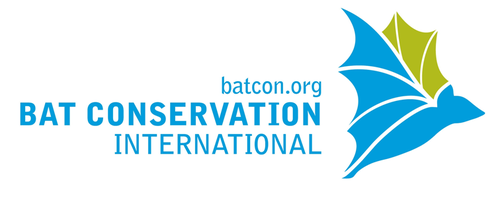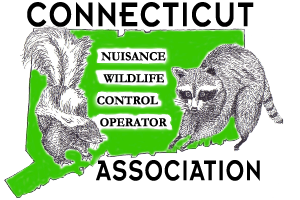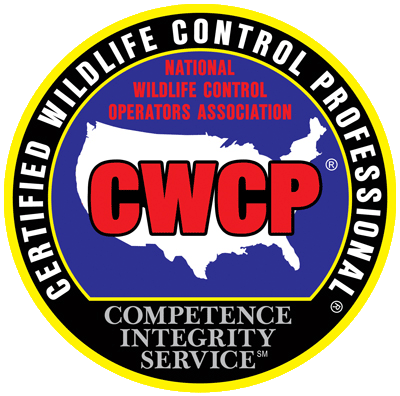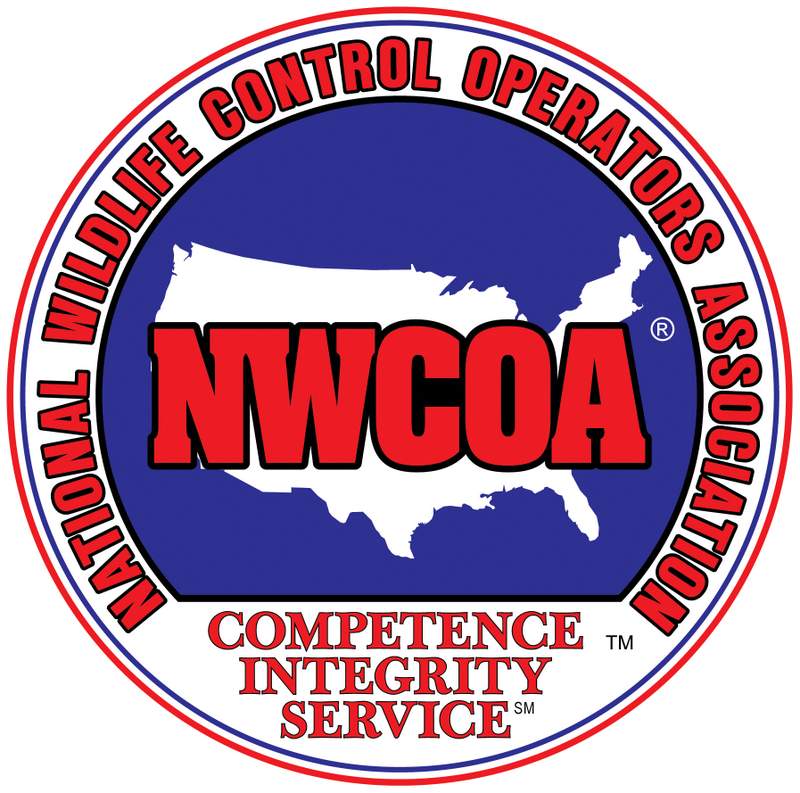Groundhogs, also known as woodchucks, are charming creatures that can sometimes become a bother to homeowners in Connecticut. If you find yourself facing a groundhog issue, Wildlife Control Services LLC is here to help. With our expertise in wildlife management and over 30 years of experience, we have some valuable tips to share on dealing with groundhogs and ensuring a peaceful coexistence. So, let's dive in!
Understanding Groundhogs:
Groundhogs are medium-sized rodents known for their burrowing habits and herbivorous diets. They are excellent diggers and often create complex underground burrow systems. While groundhogs can be beneficial to ecosystems, their burrowing activities can cause problems for homeowners. Understanding their behavior and taking appropriate measures can help address any issues.
Why Groundhogs May Bother You:
Groundhogs may become a bother when they dig burrows near or under structures on your property. Their burrows can undermine foundations, damage landscaping, and create hazards. If you encounter groundhog-related problems, here's what you can do:
Assess the Situation: Evaluate the extent of the groundhog issue and the potential risks associated with their burrowing activities. Are they causing property damage, compromising structures, or posing a threat to safety? Understanding the situation will help determine the appropriate course of action.
Seek Professional Assistance: When dealing with groundhogs, it's advisable to seek the assistance of professionals like Wildlife Control Services LLC. Our experienced team is equipped to handle groundhog-related challenges safely and effectively. We can assess the situation, provide guidance, and implement appropriate solutions.
Exclusion and Repellents: To discourage groundhogs from burrowing on your property, consider installing exclusion measures like fencing around vulnerable areas. Use wire mesh buried at least a foot deep to deter their digging. Additionally, applying repellents or deterrents, such as predator urine or strong scents, may help discourage groundhogs from settling in unwanted areas.
Trapping and Relocation: In some cases, trapping and relocating groundhogs may be necessary. However, this should only be done by trained professionals to ensure the well-being of the animals and compliance with local regulations. Wildlife Control Services LLC utilizes humane trapping methods and relocates groundhogs to suitable habitats away from residential areas.
Preventive Measures: To prevent future groundhog encounters, remove attractants from your property. Keep vegetation trimmed, clear debris that may serve as shelter, and eliminate potential food sources. Regularly inspect your property for signs of burrowing activity and address any potential entry points.
Dealing with groundhogs in Connecticut requires a proactive and informed approach. By understanding their behavior, seeking professional assistance, and implementing preventive measures, you can effectively address groundhog-related issues while ensuring the safety and well-being of both your property and the groundhogs themselves.
If you need assistance with groundhog removal or have any other wildlife concerns, don't hesitate to contact Wildlife Control Services LLC. Our experienced team is here to provide reliable solutions backed by over 30 years of expertise, ensuring a peaceful coexistence between humans and wildlife in Connecticut.






